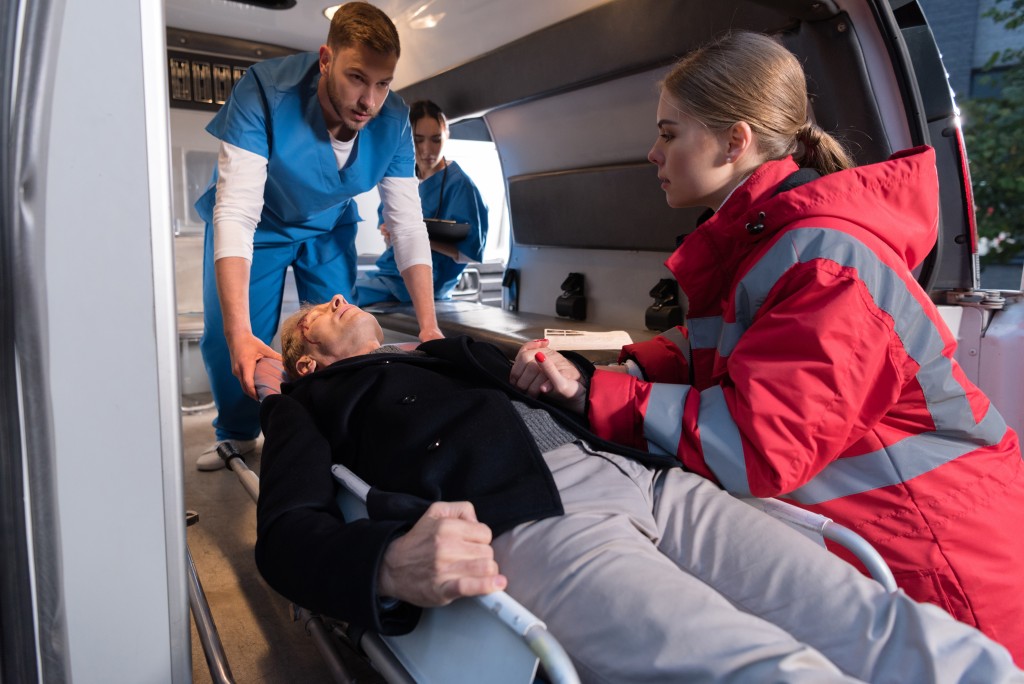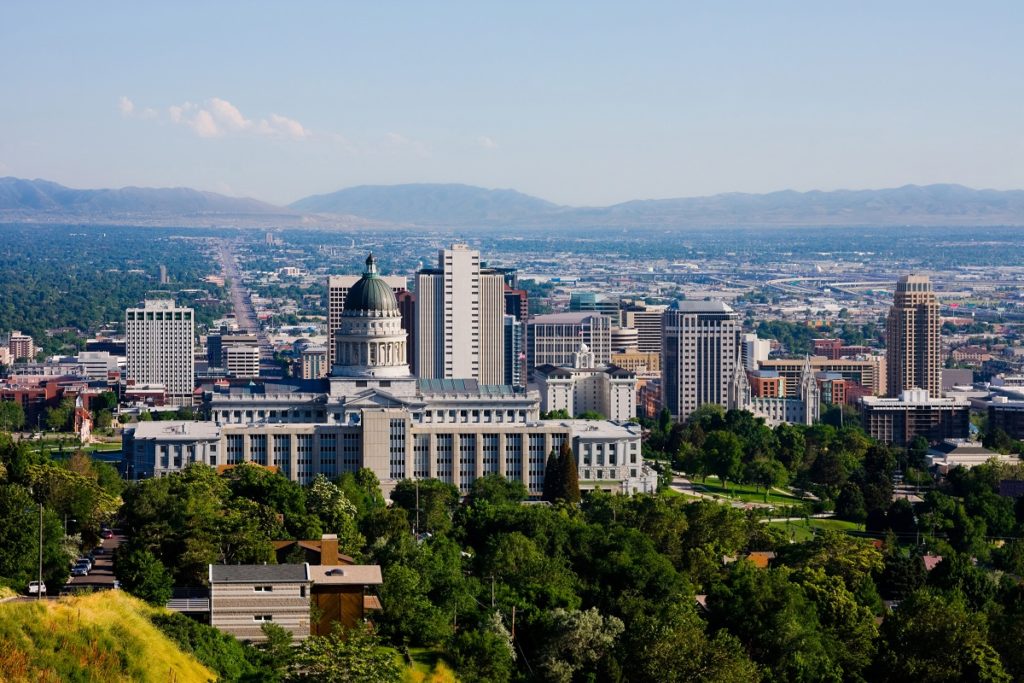Bad things may happen even to the best travelers. While these worst-case scenarios may throw you off a loop, that doesn’t mean prevention and damage control won’t go a long way. Across the board, the best way to deal with most things is preparation, and when it comes to traveling, getting travel insurance is your best bet. Here are different ways travel insurance can help you prepare for the worst-case scenario—abroad.
Medical Emergencies
Although traveling the world can be fun, remember that accidents are inevitable. It can happen to anyone and getting into a medical emergency while in another country can be challenging—and expensive. That’s why it’s best to have travel insurance whenever you plan on traveling. Plus, medical emergencies abroad aren’t covered by standard health insurance, making travel insurance a big must-have. That’s because unusual emergency procedures like an endoscopy could cost you thousands of dollars if you are traveling abroad.
When you get travel insurance with medical emergency coverage, the plan will pay for any loss you’ve got due to covered medical and dental emergencies that happen during your trip. These plans typically have emergency medical benefits, paying for necessary transportation to take you to the nearest medical facility.
Trip Cancellation
If you suddenly can’t go on your booked trip for some unforeseen reasons such as catching a disease or getting into an accident, travel insurance may cover all expenses involved. However, for this section to be valid, you’ll need to buy travel insurance when you begin booking tickets—not before the week you leave. However, keep in mind that not every travel insurance plan will cover cancellation, with some only covering non-refundable and pre-booked costs.
Lost Personal Belongings
Most people get travel insurance to compensate for any lost personal belongings, such as luggage. However, most insurance agencies expect travelers to take ‘reasonable care’ of their items, meaning claims can be denied for specific situations. For instance, if you leave your expensive camera behind in a shared room or your car and it gets stolen, some insurers may not pay for the losses.
That’s why before getting travel insurance if you’re only after having your expensive items such as laptops and cameras replaced if lost or damaged, make sure to check policy benefits and descriptions beforehand.

Personal Liability
If you get involved in an accident or cause any damage while overseas or in-flight and are held accountable for it, travel insurance can cover any legal expenses you may have. However, keep in mind that not all insurance companies offer this coverage, so always read your policy wording carefully before signing anything.
Natural Disasters
Nobody can control the weather, and ‘bad’ weather may lead to delayed flights or canceled trips if it’s severe enough, costing you time and money, lots of it. Luckily, travel insurance covers all expenses caused by natural disasters, resulting in your flights getting canceled. From snowstorms, tropical storms to hurricanes—travel insurance provides the assistance you need.
Travel Delays
Most flights get delayed, with some airlines more frequent than the others. Although not all insurance companies cover expenses for delayed flights, some do, helping you take care of your needs during this inconvenience. It saves you from the stress of worrying about the monetary issues that come along with flight delays.
Every travel insurance policy has specific benefits and exclusions. So, it only makes sense to take the time to read each one to help you find the best travel insurance plan for you and let you enjoy your travels safely, securely—and save you from most travel issues that may come along the way.




